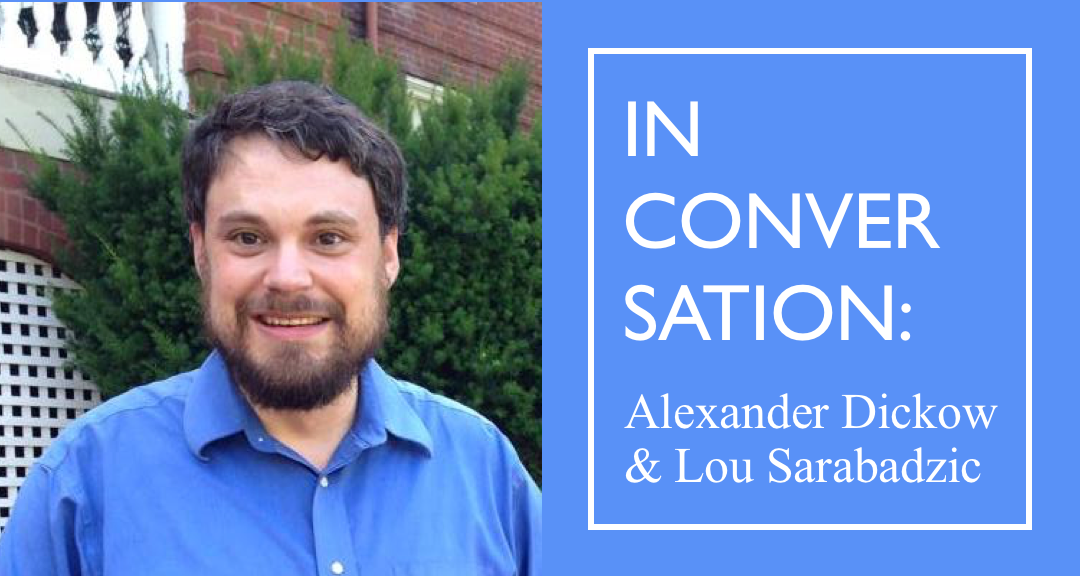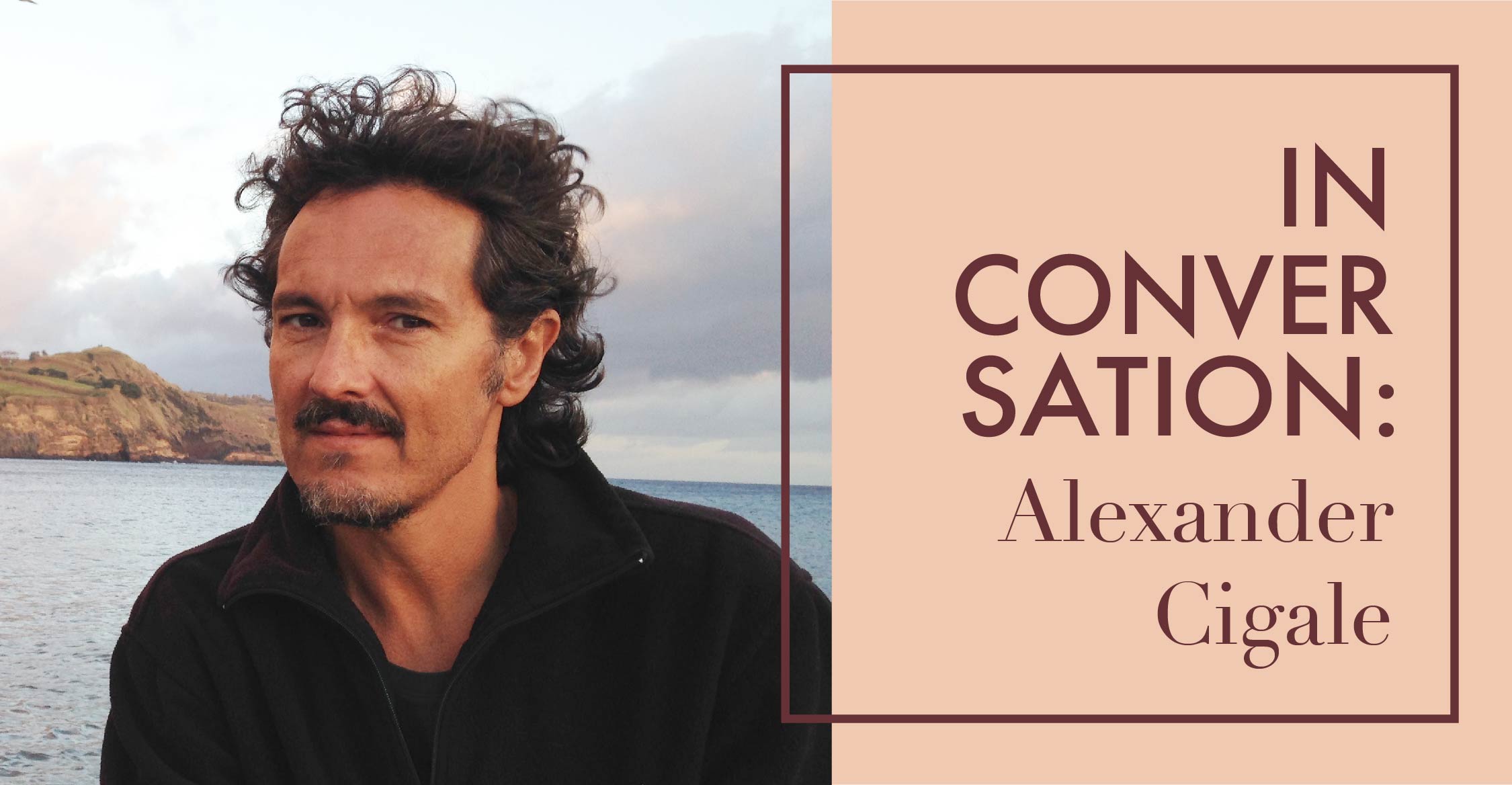Au Diable Vauvert is a French publishing house, founded in 2000 in the Camargue in the South of France. Its mission has always been to widen the concept of literary genre and to champion the translation of emerging voices in pop culture. In this essay, Alexander Dickow introduces us to Au Diable Vauvert’s impressive history of translations, as well as discussing his own experience of their writers-in-residency programme.
There I was, translating the inchoate into sentences amongst the black bulls and white horses of the Petite Camargue. Here I was, watching the mosquitos drink my hands dry, admiring the rows of cypress trees and bent grapevines. And then came coronavirus, and I had to find some way back to Blacksburg, Virginia, through the crowded train stations and the petri-dish airports.
But as Magritte wrote (more or less), ceci n’est pas un journal de confinement: no need to dread a deluge of pandemic-inspired prattle (there’s only a trickle of that here), for I intend instead to pay homage to an intrepid publisher, Au Diable Vauvert. The name comes from the identical expression, which in French means something close to “in the middle of nowhere.” Indeed, this house is located in La Laune, a mere cluster of houses ten minutes beyond the town of Vauvert, between Arles and Nîmes. It’s a strange location for a publishing house: a mostly rural and right-wing community where the publishing house’s founder Marion Mazauric’s left-wing intellectual background stands out. But Marion stands out anywhere: she’s a force of nature, which brought her the moniker “The Red Tigress” as a student in the 1970s. READ MORE…











